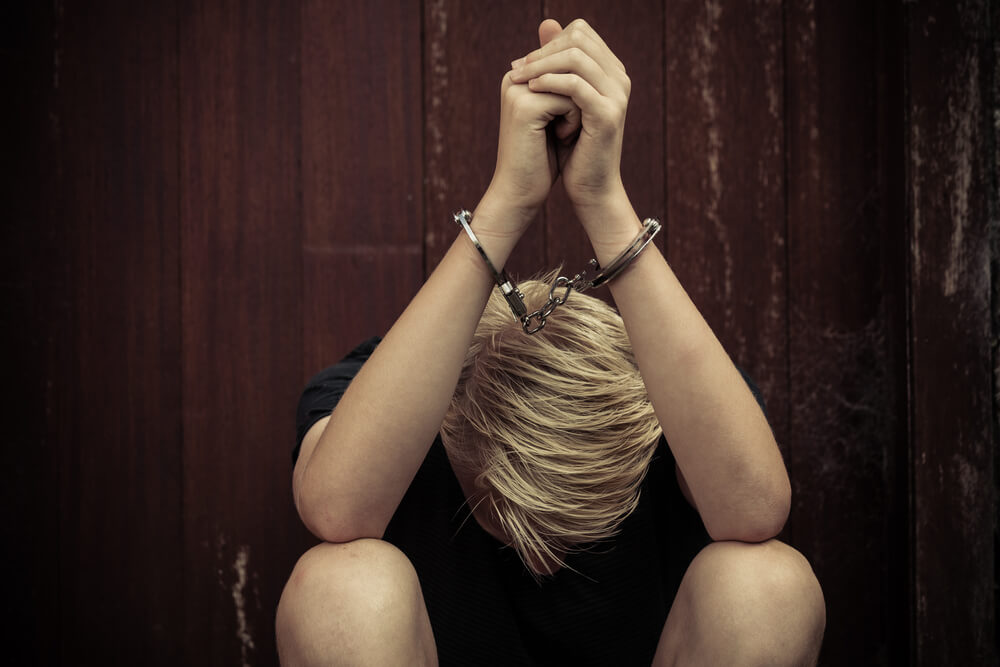An arrest of a minor in possession of alcohol can have grave consequences on a young person’s future. Understand how Florida defines this charge, the penalties and how it could hurt their college or career goals.
Underage Possession of Alcohol
Across the United States laws prohibit a person under the age of 21 to possess or to drink an alcoholic beverage. This includes beer, wine, liquor, mixed drinks and other drinks with alcohol. An underage drinking conviction carries a first or second-degree misdemeanor charge. Penalties depend upon the facts in each case.
Two different types of possession exist — actual possession and constructive possession. Actual possession means a person under the age of 21 exercises dominion and control over alcohol. A violation only requires mere possession, not the actual consumption of alcohol. Simply holding an unopened alcoholic beverage violates the law.
Constructive possession means alcohol existed in a place where more than one person had access to it. A prosecutor must prove the minor knew of the alcohol’s presence, knew of its illicit nature and exercised dominion and control over the alcohol.
Penalties in Florida for a Conviction of a Minor in Possession of Alcohol
Although every case differs, possession of alcohol by a minor is an offense that can enhance. This means penalties increase if a minor has a prior conviction.
First Offense Penalties
Generally, first offense convictions get classified as a second-degree misdemeanor. It is punishable by:
- Up to 60 days in jail
- Up to 6 months probation
- Up to $500 in fines
- Mandatory suspension of a driver license for a minimum of six months and a court can increase penalty up to 12 months
Subsequent Offense Penalties
A minor in possession of alcohol with a prior conviction is classified as a first-degree misdemeanor. Any combination of the following penalties can be imposed:
- Up to 12 months in jail
- Up to 12 months of probation
- Up to $1,000 in fines
- Mandatory suspension of a driver license for two years
In some cases, prosecutors may allow first-time offenders to enter into a diversion program or a deferred prosecution agreement. This can result in a dismissal of the minor’s case.
No Parental Authorization Exception
Unlike other states, a minor in possession of alcohol is not permitted under Florida law, even if parents give permission for them to drink under their supervision.
Only two exceptions do exist. One includes any person 18 or older employed by a licensed establishment, such as a restaurant or hotel, that sells, prepares or serves alcoholic beverages. The second includes the tasting of alcoholic beverages by a student 18 or older in a class that requires drinking at an accredited college.
Call Craig Vigodsky for Juvenile Criminal Crimes
As a former juvenile prosecutor, Craig Vigodsky knows firsthand Florida criminal laws involving minors. He understands the consequences that arrests and convictions can have on the lives of youth and their families. Call us today and let’s get down to the brass tacks of your case!

